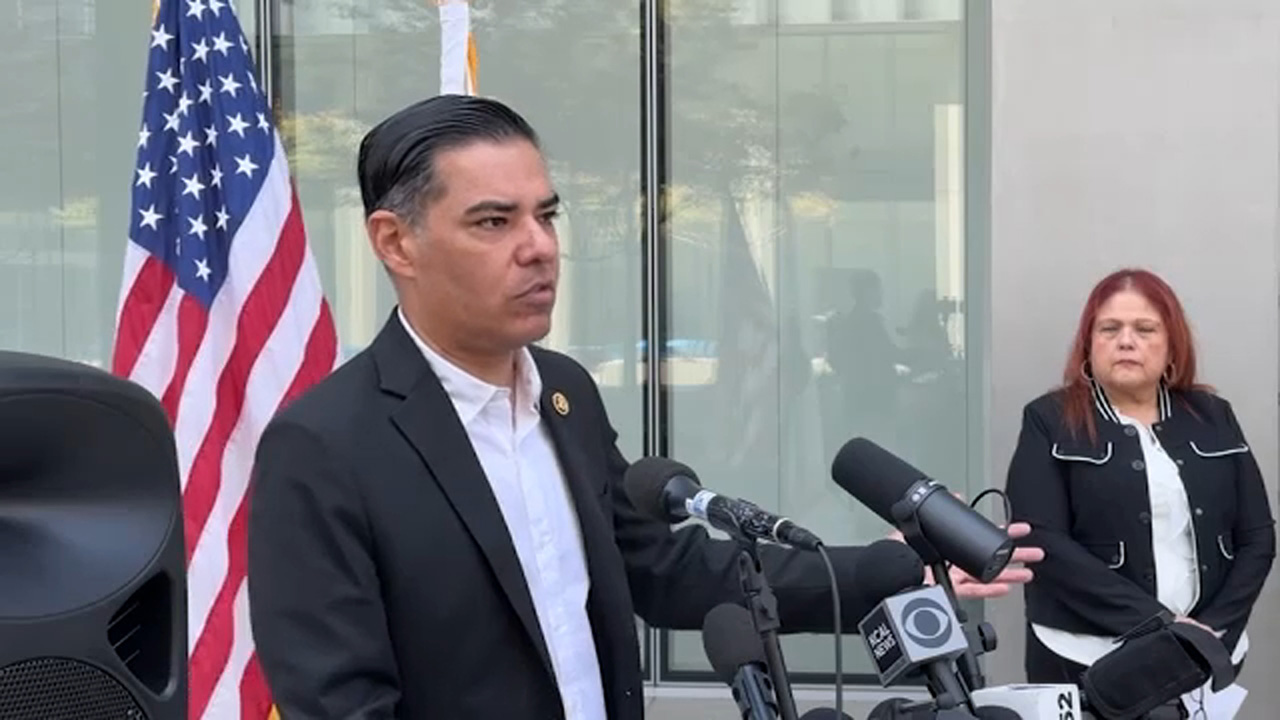Neobladder procedure creates new bladder from small intestine

DUARTE, Calif. (KABC) -- Bladder cancer affects 75,000 Americans every year. The most-telling symptom is usually blood in the urine. Even large tumors are curable, but the treatment can mean a drastic change for patients. Now, local surgeons are offering a viable option: the neobladder procedure.
After a long drive, Sheldon Querido of Thousand Oaks does something most of us do after sitting in traffic... He heads to the restroom.
"I can be normal and live a normal life," Sheldon said.
Four years ago, Sheldon was diagnosed with bladder cancer and was told: the only way to cure it would be to remove his bladder.
"My first response was 'I don't want to live like that. That's gonna be a terrible way to live,'" Sheldon said.
Without a bladder, Sheldon would have to have a colostomy, a surgical opening in his abdomen with an external bag. While many people learn to adjust to it, Sheldon wanted another option.
Dr. Kevin Chan, a urologist at City of Hope, proposed creating something called a neobladder, which would involve recreating the bladder using parts of Sheldon's small intestine.
"The new bladder that we make out of the small intestine is about 2-feet of intestine," Chan said. "We reconfigure it into a kind of a spherical shape, we hook the kidneys in, and hook it right back up to the urethra."
The procedure comes with a high complication risk that can include infections, blockages and follow up surgeries. Chan says it can mean a longer recovery, but, for patients who are candidates, he believes in the benefits.
"They're very likely to be cured, so we really got to make sure that they're gonna be able to do those things that they were doing before surgery," Chan said.
About 60 to 90 percent of patients who need to get their bladder removed will end up getting an external bag. Experts say that's because many doctors aren't comfortable doing the neobladder, and there isn't enough patient awareness.
"I've had patients refuse surgery because they think they're gonna to have a bag and they're not necessarily offered the neobladder, or they don't know that it exists," Chan said.
Surgeons at City of Hope perform about 80 neobladders per year, one of the highest rates in the nation.
Sheldon wants other patients to know there are options.
"It needs to be told to the public how life-affirming this surgery really is," Sheldon said.







